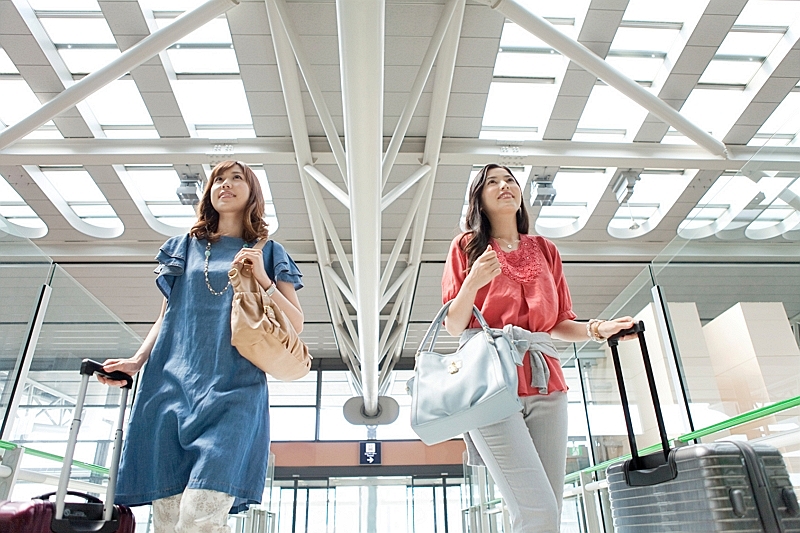
JTB has forecasted 24.7 million travelers in total during this year’s Golden Week holiday period from April 25 to May 5. They are expected to spend 904 billion JPY in total. Out of the total, domestic travelers are estimated at 24.5 million, 53.1% more than a year ago or 2% more than 2019, who are expected to spend 852.6 billion JPY in total. The average travel expense per traveler is 34,800 JPY, 3.1% less than 2019.
JTB released outbound travel forecasts for the first time in the past three years, as travel restrictions have eased since October last year. Japanese outbound travelers are estimated at 200,000, 300% more than a year ago or 78.5% fewer than 2019. Compared to the 10-years average before the pandemic, the market will see around 30% recovery. The total amount of spending is expected to be down 79.4% to 51.4 billion JPY, and the average travel expense per traveler down 4.1% to 257,000 JPY.
The most-preferred destinations in Japan is Kanto (the ratio of 20%), followed by Kinki (16.8%), Tokai (10.6%) and Kyushu (9.4%). As overseas destinations by outbound travelers, Hawaii and South Korea are particularly chosen.
39% of domestic travelers plan to stay one night, and 33.6% to stay two nights. Travelers with three or more nights reduce.
As travel companions, married-couples are most chosen with the ratio of 24%, followed by family with small kids (23.3%) and three-generation family (12.1%). The ratio of travel alone, which was preferred amid the pandemic, reduces to 16.3%.
The most-preferred travel expense per traveler in domestic travel is 10,000 JPY to 20,000 JPY with the ratio of 22.4%, 1.4 lower points than a year ago. The ratio of 20,000 JPY to 30,000 JPY is up 2.9 points to 20.7%.
The most-chosen accommodation in domestic travel is hotel with 52.9%, 0.9 higher points than a year ago. Domestic travelers choosing outdoor staying, such as camping or staying in a car, and vacation rental tend to reduce, though such staying types were preferred amid the pandemic.




